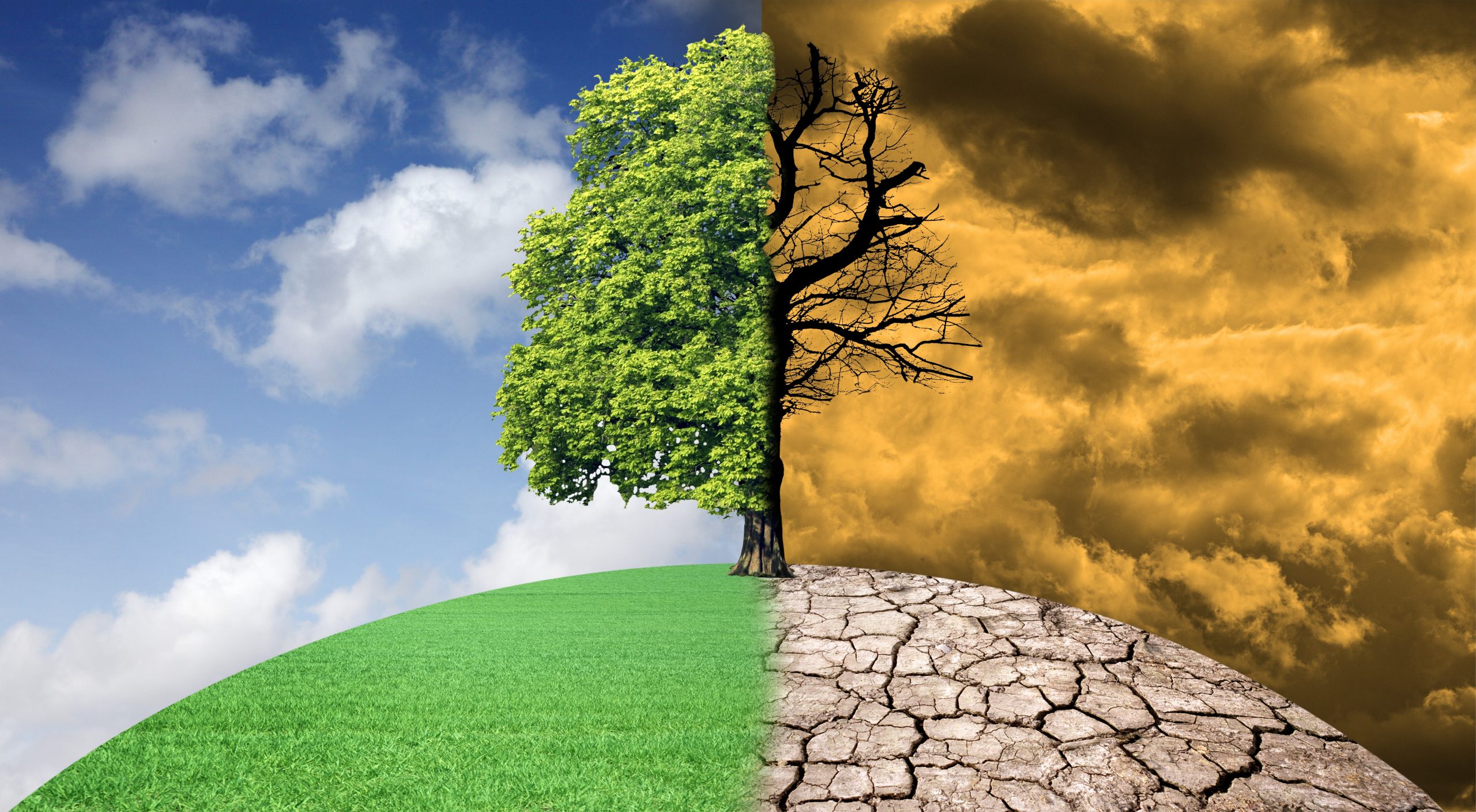It’s axiomatic that you can’t solve a problem if you don’t admit it exists—and the best way to admit it exists is to talk about it. That’s particularly true when it comes to climate change.
For more than four decades, the state of the climate has been part of the national conversation—especially when severe weather events linked to a warming world such as droughts, floods, heat waves, and hurricanes occur. Between those emergencies, climate often retreats to a secondary issue—or less. A pair of studies—one from 2015, one from 2021— found that only 35% of Americans discuss climate change even occasionally. Since 2009, respondents to surveys have been more likely to say they discuss climate “rarely” or “never” than “occasionally” or “often.” Now, a new study in PLOS Climate explores what the authors term the “climate silence” and offers insights into how to break it.
[time-brightcove not-tgx=”true”]
Any public discussion of a political or social issue can be subject to what’s known as a “spiral of silence.” The less people hear a topic talked about, the less likely they are to bring it up themselves, which just leads to even fewer people discussing it and fewer still to raise the issue. The opposite is also true: the more that people discuss and debate a topic, the likelier it is that other people will join the conversation. In the case of climate change, the latter leads to what the researchers call a “proclimate social feedback loop.” It’s that loop—or lack of it—that the authors of the PLOS One paper were looking for.
To conduct their research, they analyzed three existing studies by different research teams conducted in 2020 and 2021 in which a total of more than 3,000 people were asked for their beliefs and feelings about climate change. Across the surveys, the subjects responded to questions about whether they believe there is a scientific consensus that global warming is happening; how certain they themselves are that global warming is real; assuming they accept that it is indeed real, whether they believe humans are responsible for it; how much they worry about global warming; how much of a risk global warming poses to themselves, their families, and their communities; whether they think global warming is a bad or good thing; how much of an effort their families and friends make to combat the problem; how important it is for their family, friends, and, significantly, themselves to take such action; and how often they hear about global warming in the media. Finally, they were asked how often they discuss global warming with family and friends.
What the surveys didn’t address was whether it was all of the initial variables that led to the discussions—an important measure of causation—or if they just existed side by side. The new study conducted statistical analyses of the surveys to make that determination.
“Those surveys did not analyze how much the independent variables influence climate discussion,” says Margaret Orr, a PhD student in George Mason University’s department of communications and the lead author of the paper. “They just report survey results without looking at any interactions between variables.”
Across the entire sample group, the researchers found that all but three of the variables led to increased discussions about climate change. Those three that sparked little or no conversation were: how convinced the respondents themselves were that climate change is happening; belief in a scientific consensus that it is; and belief that humans are causing the problem. Those are three pretty powerful factors—ones that ought to spark concern and conversation. The researchers have some idea about why they don’t.
“One potential reason for these [variables] not being significant predictors of climate discussion is the potential for indirect effects,” says Orr. Each of the three factors that don’t directly lead to climate conversations, she says, may nonetheless lead to worry, which in turn may spark conversations.
The more of those conversations that happen, the better. “Previous research has shown that people are more likely to take actions if asked to do so by someone they like and respect,” says Orr. “Climate conversations will help reverse the spiral of silence: the more people realize that others are concerned about climate change and support climate action, the more people will talk about it.”

